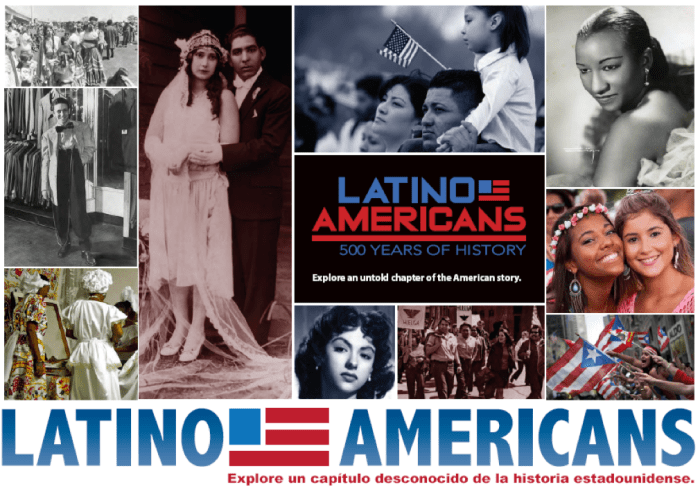Latino americans foreigners in their own land – Latino Americans: Foreigners in Their Own Land explores the complex experiences and challenges faced by Latino Americans in the United States. From historical events to cultural identity, socioeconomic disparities, and political participation, this article delves into the multifaceted nature of Latino American identity and its impact on American society.
The unique cultural characteristics, socioeconomic disparities, and political participation of Latino Americans shape their experiences and contribute to their ongoing struggle for equality and inclusion.
Historical Context: Latino Americans Foreigners In Their Own Land

Latino Americans have a complex and multifaceted history that has shaped their experiences and identities in the United States. The historical events and policies that have contributed to Latino Americans feeling like foreigners in their own land include:
- Colonialism: The Spanish conquest and colonization of the Americas had a profound impact on the indigenous peoples of the region, including the ancestors of Latino Americans. Colonization brought with it European diseases, slavery, and the imposition of a foreign culture and language, leading to a sense of displacement and alienation among the native population.
- Immigration: The United States has a long history of immigration from Latin America, with waves of immigrants arriving from different countries at different times. While many immigrants came to the United States in search of economic opportunities, they often faced discrimination and prejudice, which made it difficult for them to integrate fully into American society.
- Assimilation: The United States has a long-standing policy of assimilation, which encourages immigrants to adopt the dominant American culture and language. This policy has been particularly challenging for Latino Americans, who have faced pressure to abandon their own cultural traditions and identities in order to fit in.
Cultural Identity, Latino americans foreigners in their own land
Despite the challenges they have faced, Latino Americans have developed a unique and vibrant cultural identity that distinguishes them from other ethnic groups in the United States. This identity is shaped by a variety of factors, including:
- Language: Spanish is the primary language spoken by Latino Americans, and it plays a vital role in their cultural identity. Spanish is used in homes, schools, churches, and businesses, and it is a source of pride and community for Latino Americans.
- Religion: The majority of Latino Americans are Catholic, and religion plays an important role in their lives. Catholic traditions and beliefs are often blended with indigenous and African traditions, creating a unique form of Catholicism that is distinct from that of other Catholic communities.
- Traditions: Latino Americans have a rich tradition of music, dance, food, and art. These traditions are often passed down from generation to generation, and they help to create a sense of community and belonging among Latino Americans.
Essential FAQs
What are the key factors contributing to the feeling of foreignness among Latino Americans?
Historical events such as colonialism, immigration policies, and assimilation pressures have played a significant role in shaping Latino American identity and their sense of belonging.
How does Latino American cultural identity differ from other ethnic groups in the United States?
Latino American cultural identity is shaped by a unique blend of language, religion, traditions, and values that distinguish them from other ethnic groups in the country.
What are the main socioeconomic disparities faced by Latino Americans?
Latino Americans experience significant socioeconomic disparities in areas such as income, education, healthcare, and housing, due to factors like discrimination, lack of access to opportunities, and poverty.


